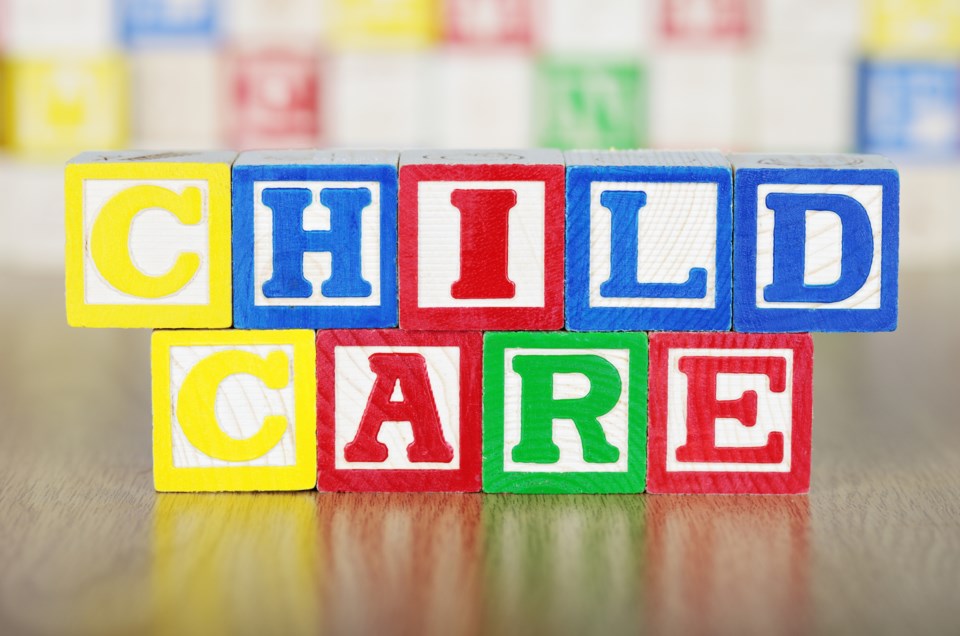The Canada-Wide Early Learning Child Care funding formula has significant issues and doesn’t meet the needs of families in Waterloo Region says the YWCA Cambridge.
Operating days, staffing issues and a lack of growth opportunity within the province's 2024 Child Care Funding Formula Discussion Paper pose considerable barriers to serving the community, says YWCA CEO Kim Decker
The discussion paper, which comes on the heels of the Canada-wide Early Learning Child Care (CWELCC) agreement with the federal government around providing $10 a day childcare, sets the maximum operational days at 260, but that’s not necessarily enough, Decker adds.
“Sometimes operational days will reach 261 or 262.
“Even though it may only seem like two days, it represents a significant amount of funding for operators. Our fixed costs don’t change,” she says.
The sector is also facing a staffing crisis and has been for years, Decker says, and the formula mentions an average wage rate versus a wage grid that operators have been asking for.
There remains confusion around how this average will be calculated based on individual providers, while addressing the growth in number of spaces available.
In a written response to the provincial government, YWCA Ontario, which represents 10 YWCA’s and collectively operate more than 3,000 child care spaces, says the funding model doesn’t address concerns around staffing.
“Regarding staff compensation, the funding formula does not provide for the significantly increased educator compensation required to address the clear and present recruitment and retention crisis in the sector,” the statement read
“We were unable to identify any specific funding allowances for training and professional development, or for coverage for absences related to the same in the discussion paper. Professional development is a critical component of ensuring the quality of care and up-to-date pedagogy.”
Decker calls the funding model “status quo.”
Across the province, the government pledged to create an additional 53,000 new, affordable licensed child care spaces by December 2026.
Waterloo Region has been assigned 1,082 community child care spaces and an additional 789 new school spaces, all of which have already been assigned. The numbers are also based on 2022-2023 figures.
From 2024-2026, 200 additional spaces will be created with all of them slated for priority site locations.
After Waterloo region received its allocation of 1,871 new spaces earlier this spring, regional councillors responded to the province asking for an additional 997 child care spaces on top of that.
“The Region of Waterloo child care services department has been supportive of operators in the region and have asked the province for more,” Decker says.
“We have no opportunity to grow with this funding model.”
Decker has had conversations with the Cambridge Chamber of Commerce about how this will impact local businesses.
When the pandemic hit in 2020 and people were forced to work from home, many families removed their children from child care. With some businesses expecting employees to return to the office it’s leaving many families without anywhere to send their children, Decker says.
“Many women who have been working from home and are now being asked to return to the office, they’re scrambling looking for alternative care or they can’t return to work,” Decker says.
“There’s no child care spaces for them. We know that this will disproportionately impact women. We’re losing good talent.”
Despite the many concerns, Decker wants the community to know that the quality of care being provided will remain unchanged.
“They're going to get the high quality care they’re used to,” she says.
“But it’s a great concern of child care operators and it’s important for parents to understand how it’s impacting us.”

